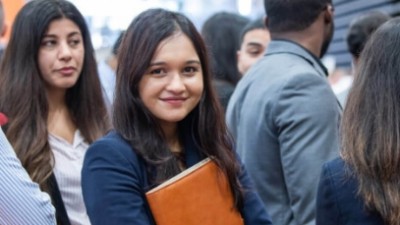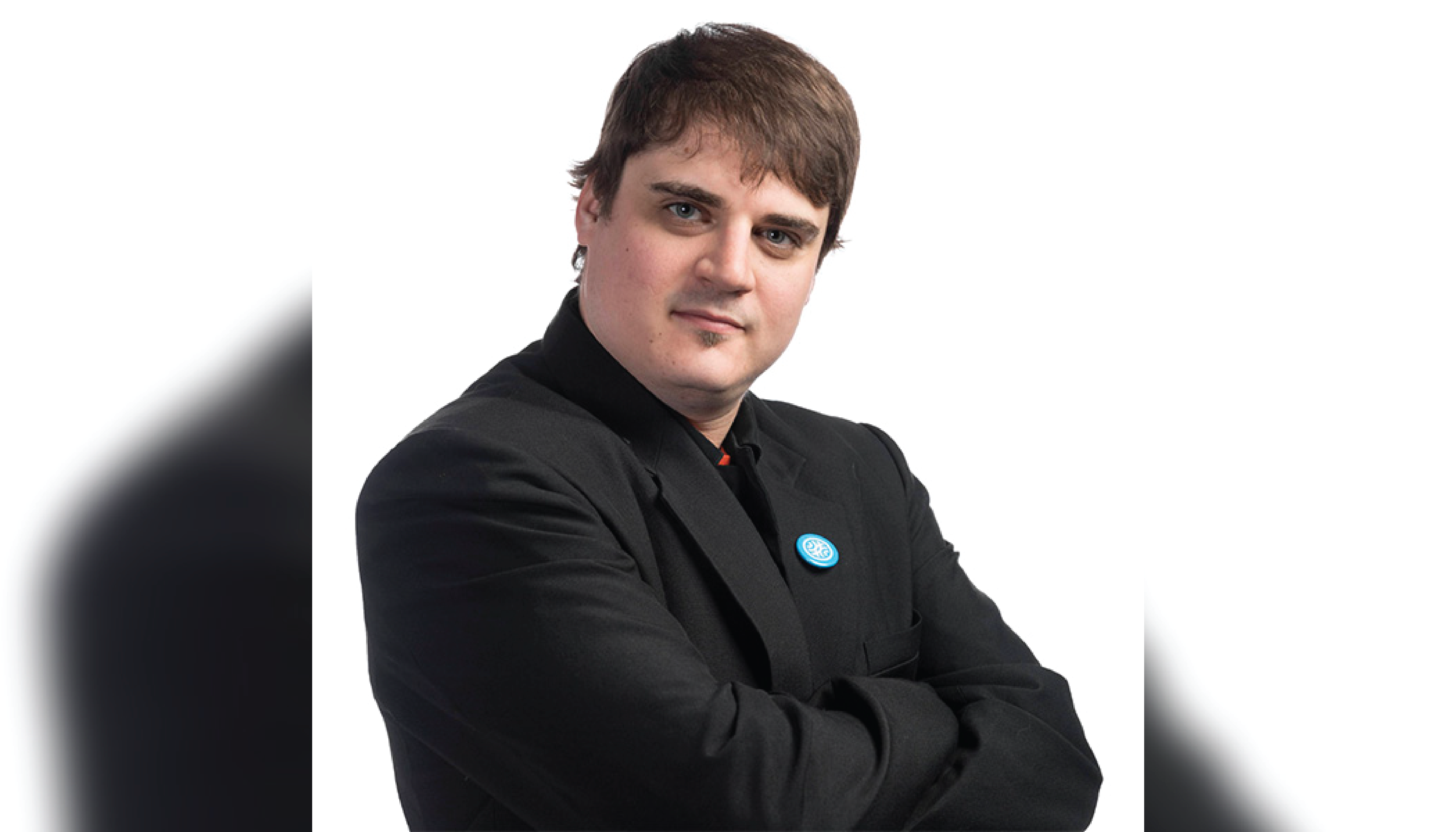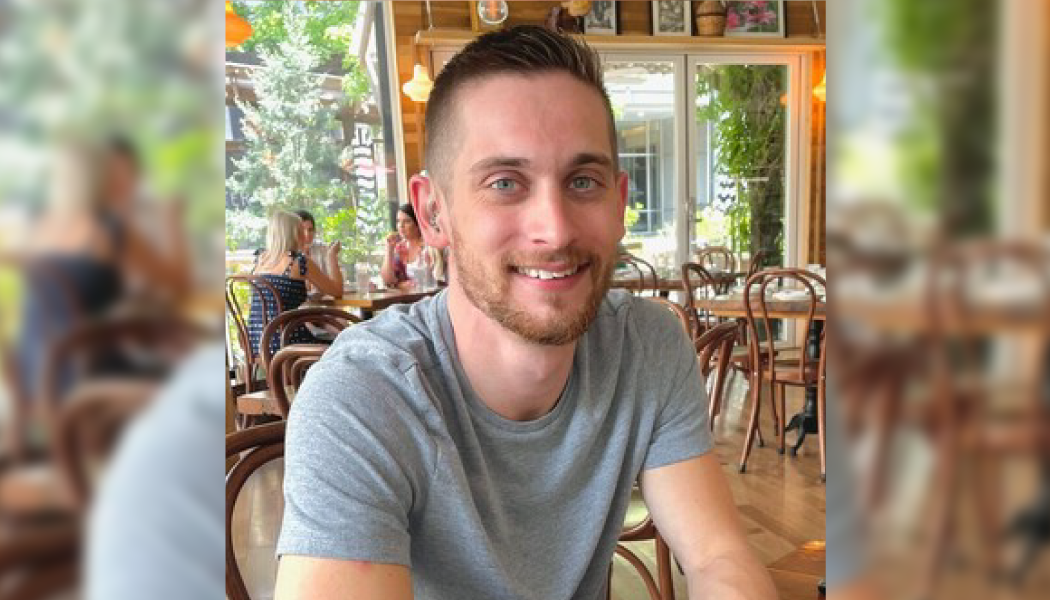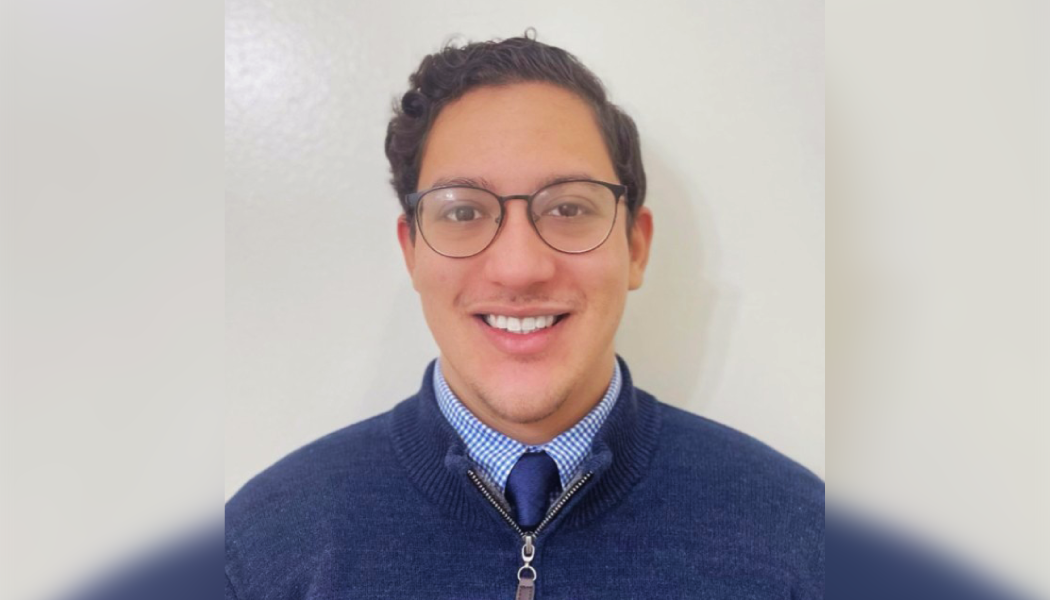Research Insights: Coming Full Circle
Exploring circular economy opportunities.
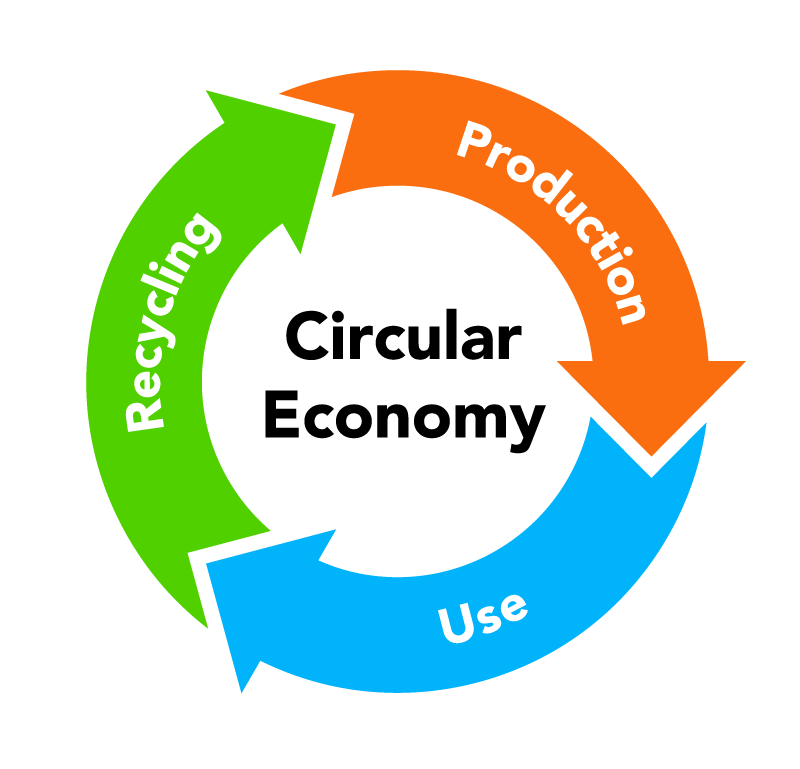
Circular economy is non-wasteful: nothing goes into a landfill because everything left over is either reused by the business or sold to someone else. As Saunders College professor Clyde Eiríkur Hull, Ph.D., puts it, “Everything that leaves your business is making you money. Circular economy is high-tech, socially responsible, good for the environment—and profitable.” Still, many are not aware of the opportunity.
Hull has been studying ways to promote a circular economy, particularly in developing economies, with Eric Williams, a professor in RIT's Golisano Institute for Sustainability, and Sherwyn Millette, a Ph.D. student in Golisano. Their 2021 article, “Challenges and opportunities in building circular-economy incubators: Stakeholder perspectives in Trinidad and Tobago,” published in the Journal of Cleaner Production, studied attitudes and perceptions of circular economy in that country, using a grounded theory approach and interviewing local stakeholders: entrepreneurs, non-profits, academics, and government agencies. Their analysis suggests that circular-economy incubators would help entrepreneurs find and pursue circular-economy opportunities with a limited role for government.
Hull’s work as a proponent of circular economy incubators that educate businesses and help them identify and exploit these opportunities is gaining attention. Recently, he received a $1 million grant from the United States Department of State to help incubators in ASEAN countries train their entrepreneurs on how to start circular-economy businesses.
View paper published in the Journal of Cleaner Production, May 10, 2021: Challenges and opportunities in building circular-economy incubators: Stakeholder perspectives in Trinidad and Tobago.
Research News: October 2022, U.S. Department of State to assist RIT in advancing circular economy in Southeast Asia




